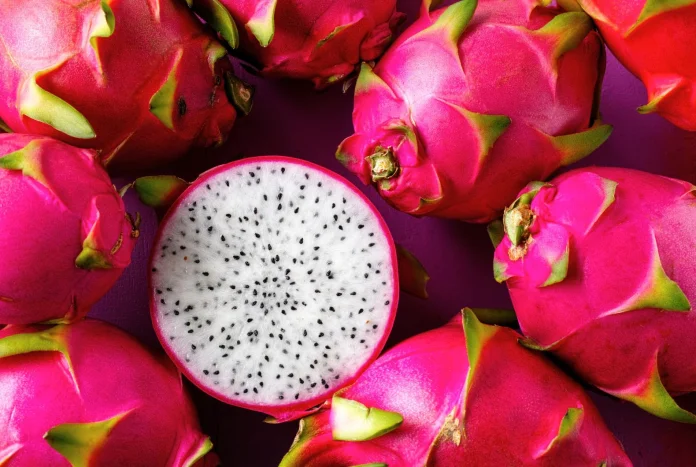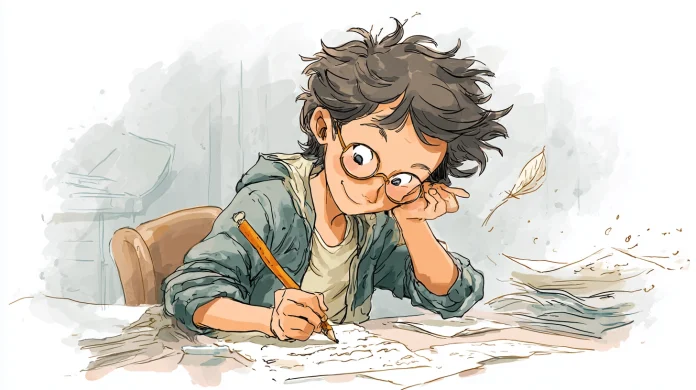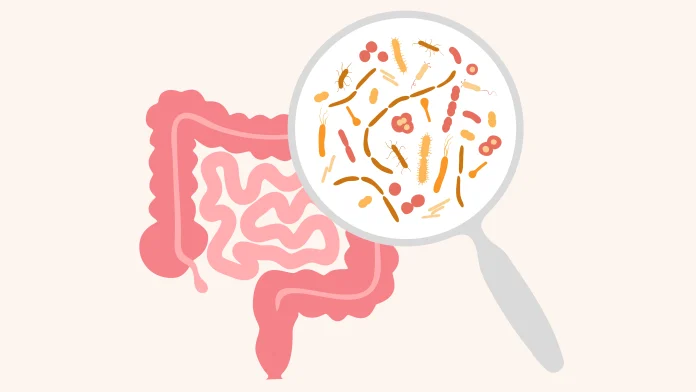Testimonial written by Mora Martin*
Photographs: Courtesy of the author
#1: The Fact
My father committed suicide on 6 August 1991, when I was 4 years old. He had come the night before to disguise his farewell as a casual visit, but it was late, and we were asleep. The next morning, we were asked if we wanted to go to the funeral and I said no. My sister Jazmin went instead, and I wonder if that has led to her growing up without the suspicion that our dad might turn up any afternoon on the way home from school to say he was back, or as when I first travelled to Europe and felt him alive and close, and I thought I might come across him in some street in France wandering alone, older and greying and muttering things to himself.
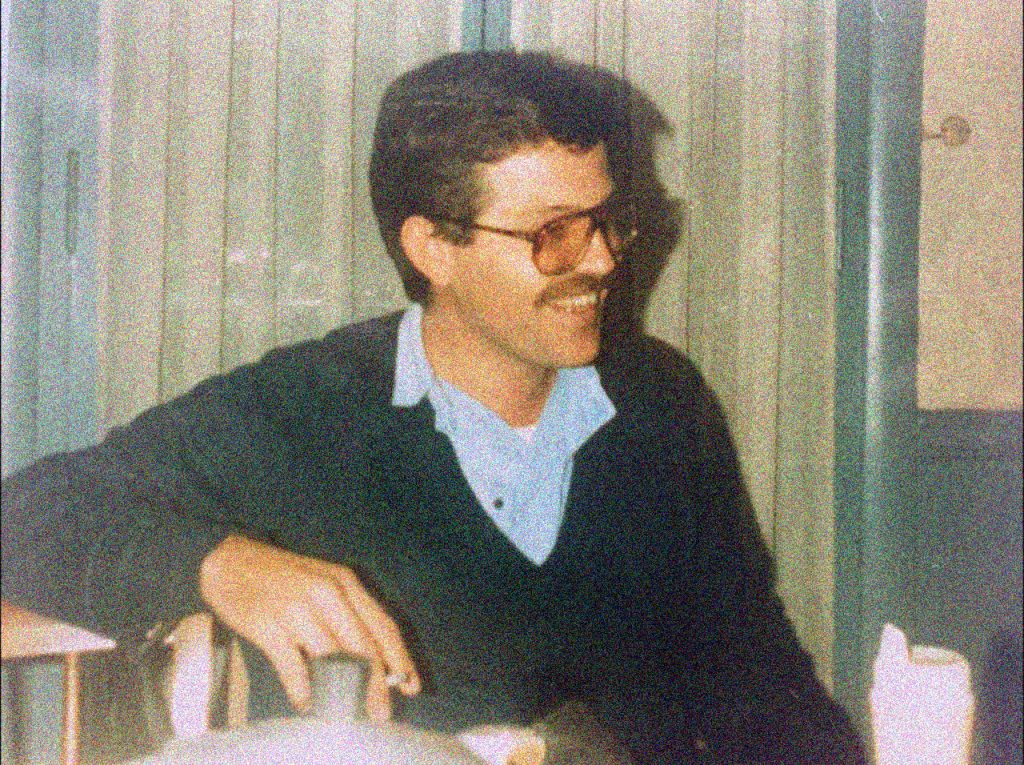
My dad’s death was like the implosion of a nuclear bomb, with the mushroom shaped cloud dyeing our lives black and white for a very long time. As I grew up, I tied the sorrowful thread that bound us to that other bomb—the one that exploded on another August 6th in Hiroshima. Maybe that’s why I got two crane tattoos, and maybe that’s why I feel a special connection with Japanese culture—because I understand bombs.
Over the next few years, my mother dealt with different versions of his death, which grew more complex as time passed and the questions lingered. Even as a child, the subject gave me an itch, a restlessness I couldn’t quell. I was tormented by the need to understand the reason and driven by the voracity to unveil the mystery of death—that which I was unable to access. One version was that my dad had ‘died of his heart,’ which, ironically, made sense. That conversation always led to discussions about smoking and its impact on health, etc., especially since my dad smoked a lot. The story would convince me for a while, until it didn’t. Systematically, after a few months, I would ask again why and how my dad had died. My mother, puzzled, would repeat the latest version, sometimes adding details like ‘he fell asleep,’ perhaps thinking that this would put our doubts to rest and reassure us. But it didn’t.
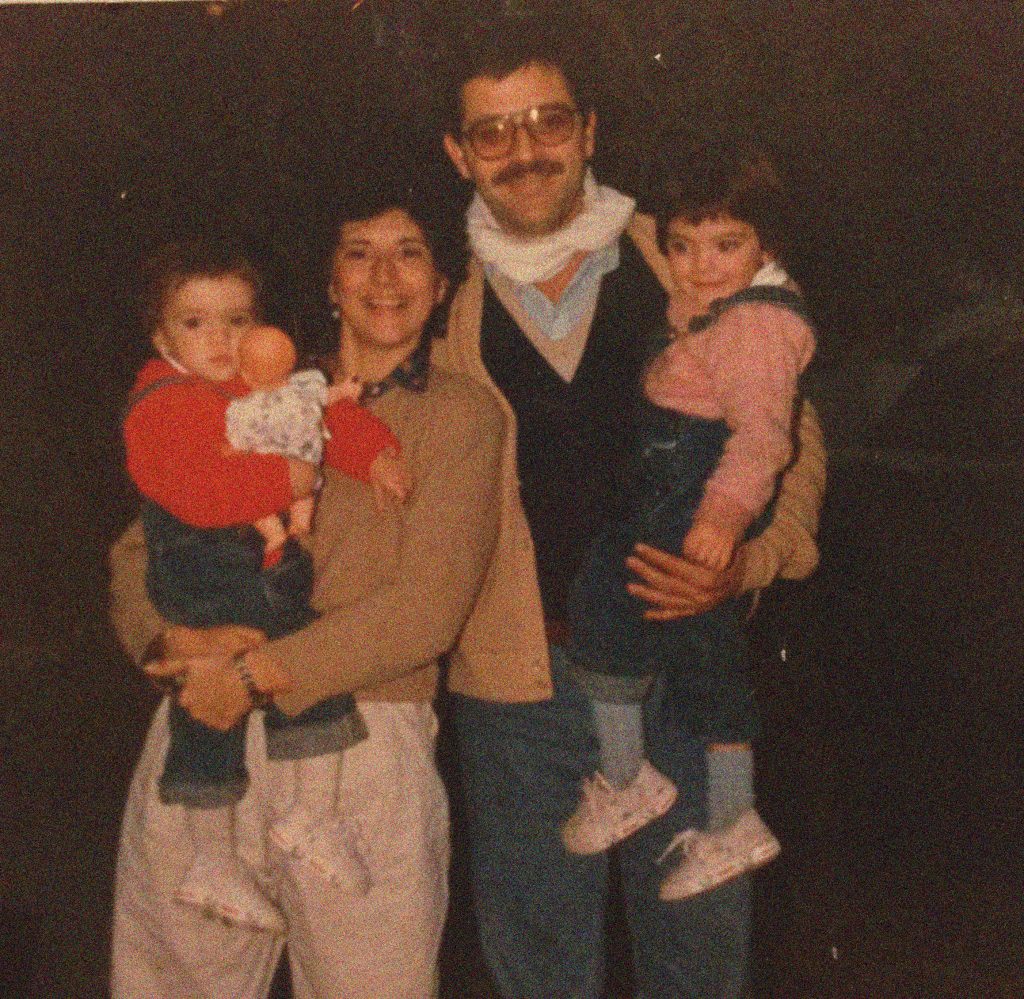
So the years passed, and the questions lingered, until one day my mother and her psychologist told us the truth. Finally, the veil was lifted.
Along with the liberation, my mother warned my sister and me that we could not tell anyone—probably to protect us. This became the implosion of yet another bomb, the second one: the weight of holding that secret and not being able to express it, which felt almost as heavy and traumatic as the death itself.
Then, as often happens, I took that story, that experience that had marked us, considered it settled—because I now had the information I had been seeking—and never spoke of it again.
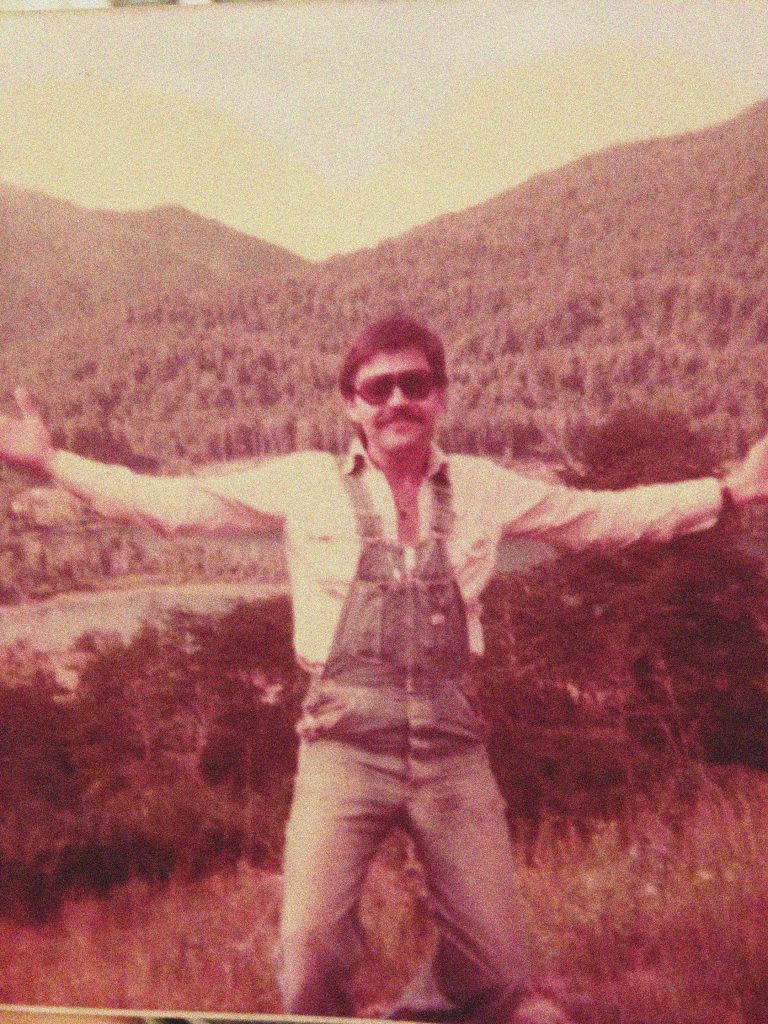
“My Journey Through Grief” is delivered in four parts. Continue reading #2 here.
*Mora Martin was born in Buenos Aires, Argentina. At the age of 4, she learned to read and write with her grandmother while on vacation in Mar del Plata. From that moment, she realized that the written and spoken word was the gateway to creating her own infinite world of imagination, creativity, and self-growth. As a child, she voraciously read everything she could find and explored poetry and prose, bringing fantastic (and not so fantastic) characters to life. She attended several creative writing courses and non-fiction workshops. She lives in Buenos Aires, where she works in philanthropy and artistic production for cultural events.

